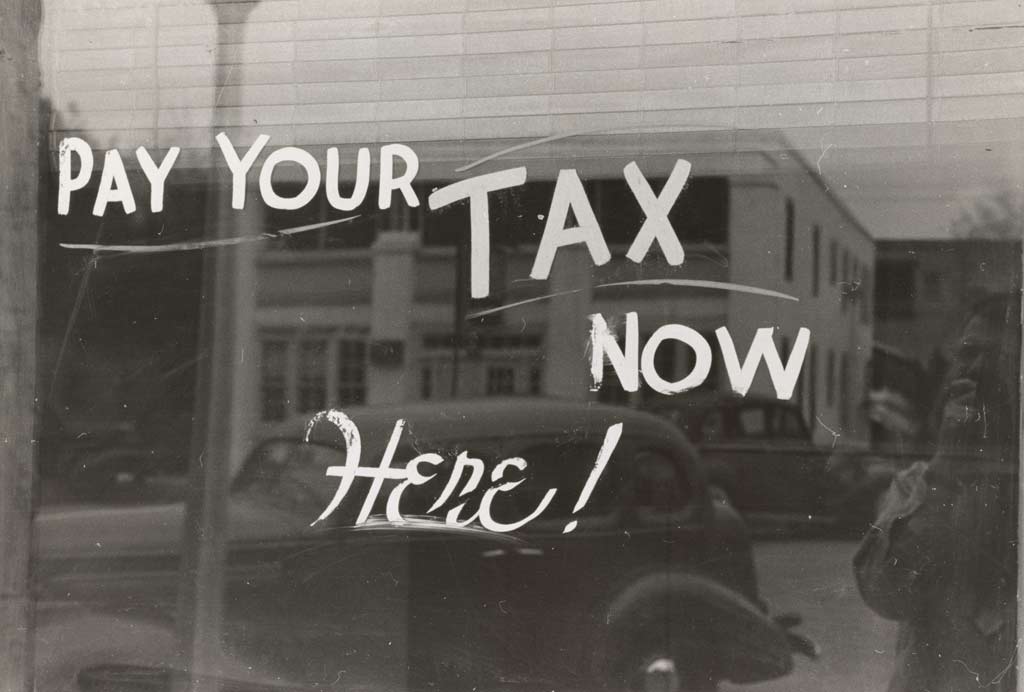THE HEAVY IMPACT OF VAT ON THE TECHNOLOGY SECTOR IN COSTA RICA

The Internet of things, artificial intelligence, big data, robotics …
Are some of the advances that have been made in recent years with the aim of simplifying various tasks of our daily lives.
But if there is something that even science and technology, no matter how advanced, have been saved from: Compliance with the tax laws of the country they operate in.
There is no company that escapes its obligations to the State, regardless of its level of technology.
Companies established in Costa Rica, have to pay Value Added Tax (VAT), according to the new law No. 9635 – “Act Strengthening Public Finance”. This law came into effect on July 1, 2019.
Now, a few months in … how has VAT affected the industry? What is its economic effect? What changes have been made?
These are some of the key questions for the sector that we will address in this article about the impact of VAT on the technology sector of Costa Rica.
Taxed Technology
To start, a little background info: Before July 1 2019, what existed was the General Sales Tax (IGV – Impuesto General de Ventas), which was 13% and only applied for the purchase of products.
The new law not only came to replace the IGV with the Value Added Tax (VAT) but also to extend it to previously untaxed services.
With some exceptions, we now pay 13%, 4% or 2% for conultations, medical services, design, education, remodeling of properties, aesthetics, recreational services and others.
Regarding the purchase of technological products and services in the country and abroad – antivirus, licenses, software, computer programs, entertainment platforms – the maximum rate of 13% applies.
It also covers equipment maintenance services, custom software development, application development and network maintenance.

Blow to Competitiveness
Although the objective of the law is positive in trying to alleviate the fragile situation of public finances, it is doing so at the cost of the profitability and competitiveness of many companies, including technology.
When previously small companies only needed to hire accountants on an occasional basis, today they permanently require their services in order to fulfill the process in a timely manner; every month.
This translates into a minimum of three hours of work, which, according to the College of Private Accountants of Costa Rica, means a monthly outlay of about ¢ 72,500 (the professional time is set at ¢ 24,163). This equeals to about 130USD.
Another point to take into account is that the one who assumes the payment of VAT is the customer and the supplier is only limited to collecting the tax, generating a considerable increase in the price of services.
Let’s look at the impact of VAT on the technology industry, reflected in a hypothetical case. Suppose you have a small software company dedicated to the sale of licenses inside and outside of the country. Although for exports it will not involve any change – the tax is territorial and therefore does not apply to consumption abroad -, in relation to local sales, which are subject to VAT with a maximum of 13%.
In practical terms, this means that, if before July 1, you sold a license for $ 200, after that date you must add the $ 26 tax, for a total of $ 226 (more than ¢ 15,000 difference from at the original price).
Faced with this scenario, the provider faces two equally complicated scenarios. One is to absorb the cost of VAT and the other is to lower the service fee so that the customer continues to pay the same or a portion of the tax is transferred.
In both cases, it would be sacrificing profitability and competitiveness in exchange for not affecting the customer’s ability to consume.
A little Extra on Top - Electronic Invoices
One of the steps prior to the implementation of VAT in order to reduce tax evasion was the adoption of the mandatory electronic invoice, since 2018.
With all of this and the benefits that this entails for the taxpayer, such as greater security and integration of operations, it is still an additional investment.
Although the Hacienda’s free platform exists, there are those who prefer to hire one of the 26 suppliers authorized to provide the service, the cost of which can be up to ¢ 50,000 for the issuance of 1,000 documents. (About 90USD)
So far, we have ¢ 72,500 (130USD) monthly accountant fees, plus ¢ 50,000 (90USD) of the electronic billing package, for a total of ¢ 920,000 (1630USD) per year.
And if we add to this the training of personnel and the eventual implementation of ERP-type business management systems, the sum could become much higher.
Does this mean that the new Fiscal Plan is bad? Do we return then to the previous Sales Tax and paper bills?
Neither one nor the other. This article simply limits itself to showing the reality as it is, without ignoring the sacrifices and investments that all change demands for those involved.
What other effects does the new law have on technology companies?
What is the best strategy to face them without compromising future stability and solvency?
Tell us in the comments and we continue discussing the impact of VAT on the technology sector in Costa Rica.
To read the original article on our site in Spanish click here
Show some love and share this article to keep everyone informed: